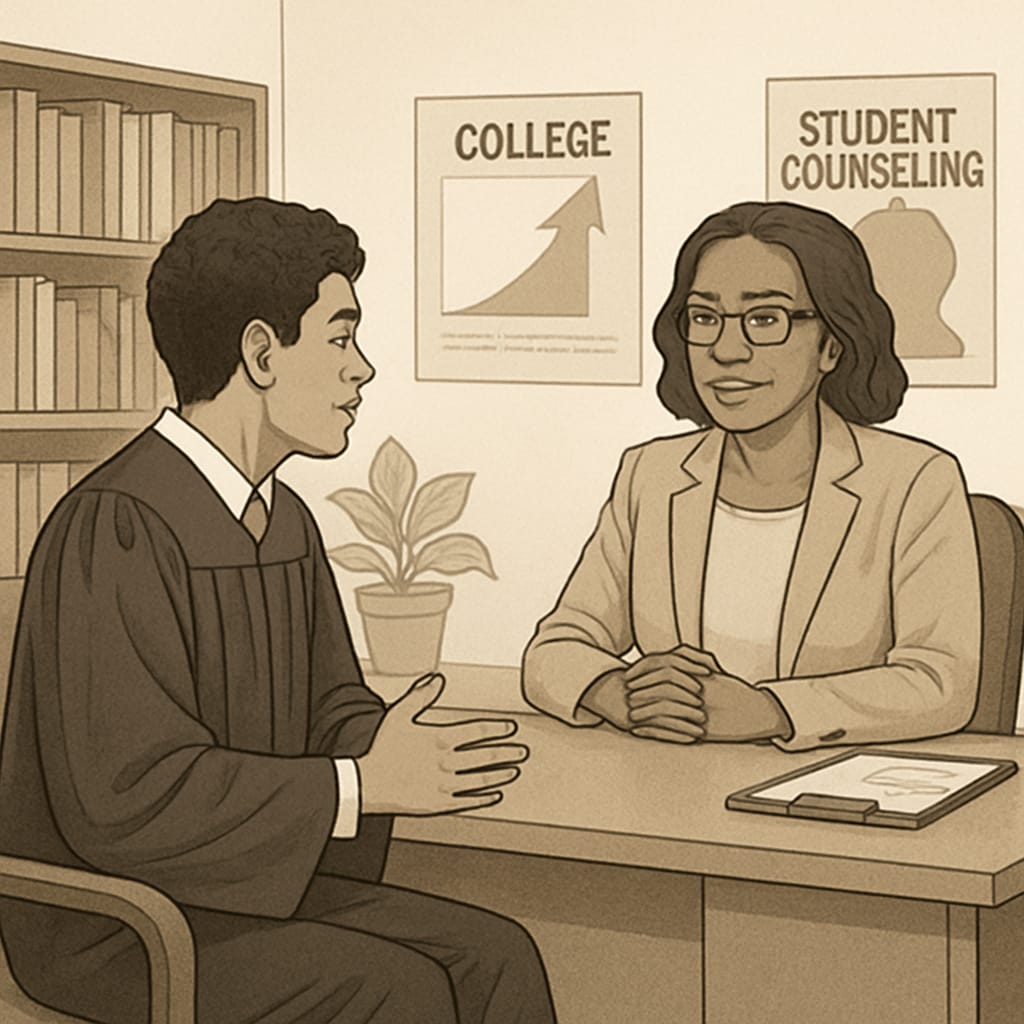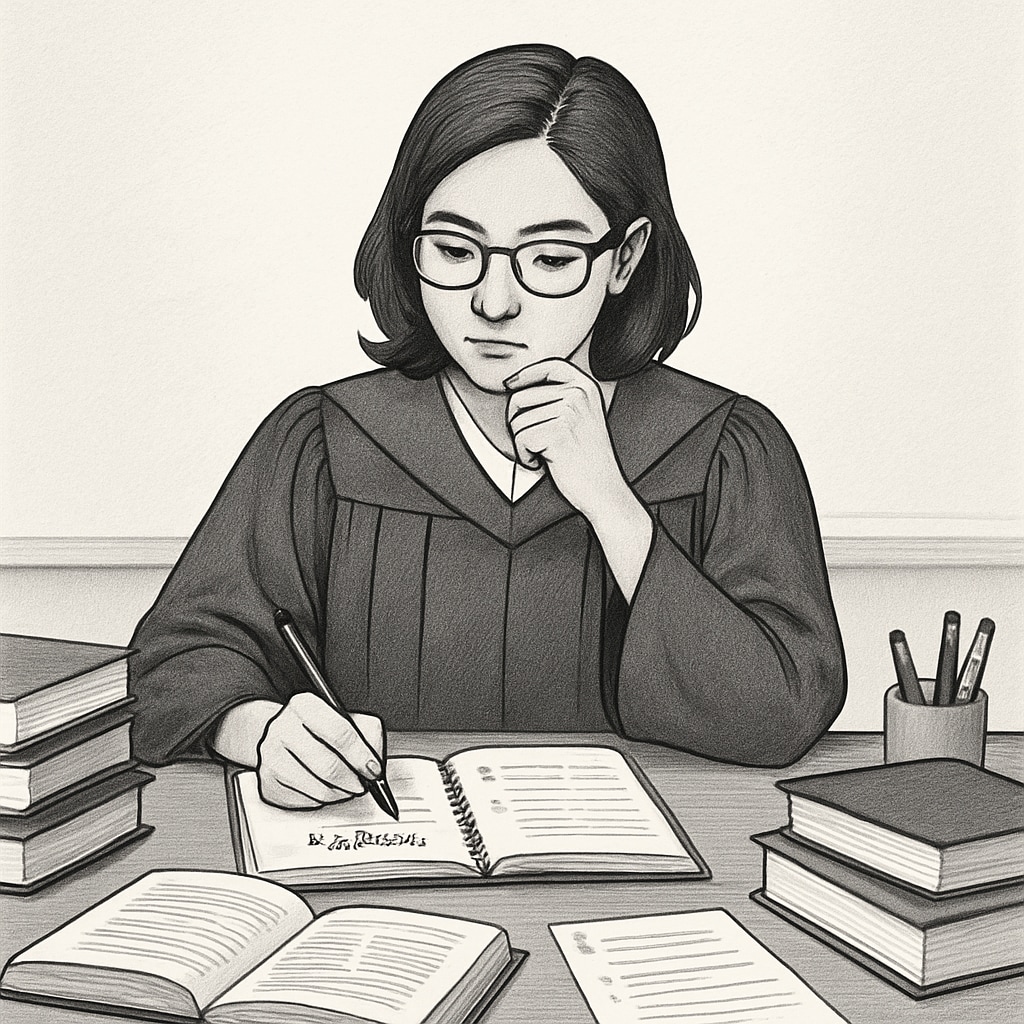For graduate students pursuing degrees in counseling, conducting interviews with school counselors is often a key part of completing academic assignments. These interviews offer invaluable insights into the practical aspects of school counseling, bridging the gap between theoretical knowledge and real-world application. However, the process of arranging and conducting interviews can present unique challenges. This article explores the importance of these interviews in professional growth, identifies common obstacles, and provides actionable strategies to help students succeed in their tasks.
Understanding the Value of School Counseling Interviews
Interviews with school counselors serve as a vital learning tool for graduate students. They provide firsthand insights into the day-to-day responsibilities, challenges, and strategies employed by professionals in the field. For example, students can learn how counselors handle sensitive issues like bullying, academic stress, or mental health concerns, which are difficult to fully grasp through textbooks alone.
Moreover, these interactions help students build a professional network, which can be beneficial for mentorship and career opportunities. According to Britannica, effective counseling relies heavily on interpersonal communication, making it essential for students to engage with experienced professionals to hone their skills.

Overcoming Challenges in Scheduling and Conducting Interviews
One major hurdle for graduate students is finding school counselors willing to participate in interviews. Counselors often have busy schedules, making it difficult to allocate time for such interactions. Additionally, students may feel intimidated when reaching out to professionals they do not know personally.
To address these challenges, consider the following strategies:
- Leverage Your Network: Reach out to professors, classmates, or alumni for introductions to school counselors.
- Be Flexible: Offer multiple time slots to accommodate the counselor’s availability.
- Communicate Clearly: Explain the purpose of the interview and how the counselor’s insights will contribute to your academic work.
By implementing these methods, students can increase the likelihood of securing valuable interviews while respecting the counselor’s time and commitments.
Preparing for Successful School Counseling Interviews
Preparation is key to conducting effective interviews. Before meeting with a school counselor, students should familiarize themselves with the specific topics they wish to discuss. For example, if the focus is on mental health interventions, students can research evidence-based practices to frame their questions more thoughtfully.
Here are some tips for effective preparation:
- Develop a Structured Questionnaire: Create a list of open-ended questions to encourage detailed responses.
- Research the Counselor’s Background: If possible, learn about the counselor’s school and professional experience to tailor your questions.
- Practice Active Listening: Be prepared to adapt your questions based on the counselor’s responses.
As highlighted in Wikipedia, effective interviews rely on good communication skills, including the ability to ask follow-up questions and clarify responses.

Building Long-Term Relationships Through Interviews
Beyond completing academic assignments, interviews provide an excellent opportunity to establish long-term professional connections. Staying in touch with school counselors after the interview can open doors to mentorship, internships, and job opportunities. Here are some ways to maintain these connections:
- Send a Thank-You Note: Express gratitude for the counselor’s time and insights.
- Share Your Work: If appropriate, send a copy of your completed assignment to show how their input contributed.
- Stay Engaged: Connect on professional platforms like LinkedIn to keep the relationship active.
Building these relationships not only benefits students academically but also helps them transition smoothly into their professional careers.
Conclusion: Turning Interviews into Career Assets
School counseling interviews are more than just academic tasks; they are stepping stones to professional growth. By overcoming scheduling challenges, preparing diligently, and fostering lasting connections, graduate students can maximize the value of these interactions. As a result, they will be better equipped to translate theoretical knowledge into practical skills, setting the foundation for a successful career in counseling.
Incorporating these strategies will not only help students complete their assignments but also prepare them for the dynamic and rewarding field of school counseling.
Readability guidance: Use short paragraphs, bulleted lists, and transition words to improve flow. Maintain an active voice and avoid long, complex sentences to ensure clarity.


